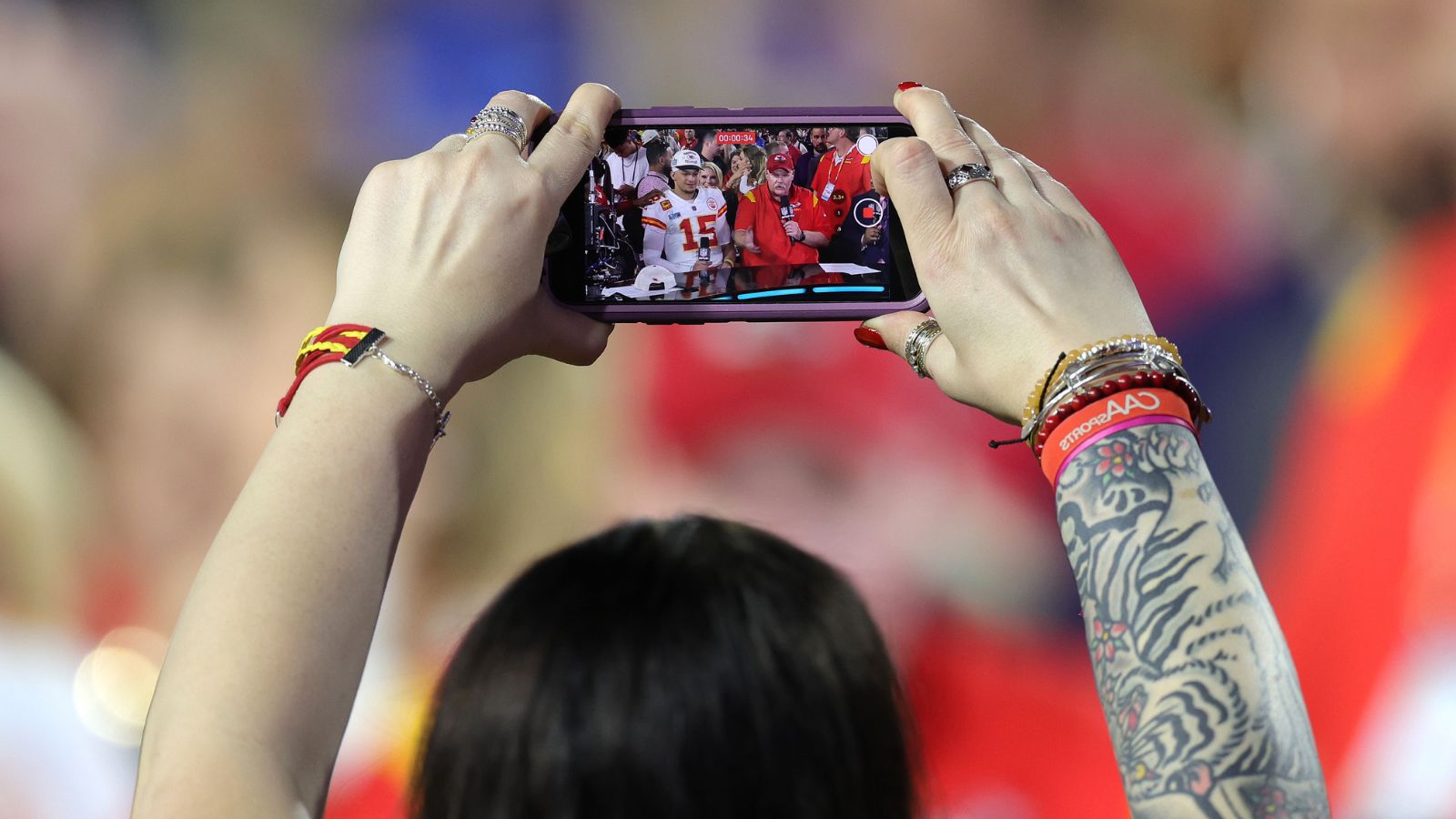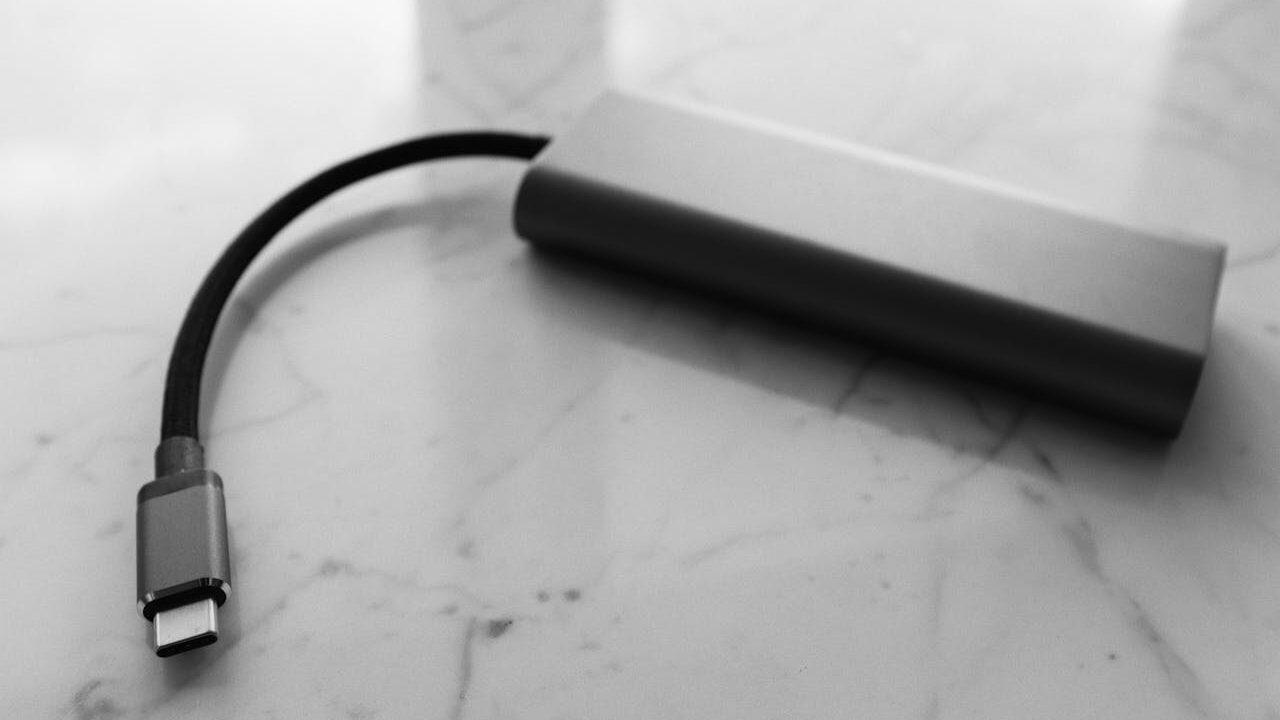Avoid coronavirus contact tracing apps for the time being
Apr 18, 2020, 4:45 AM

(Pexels Photo)
(Pexels Photo)
Q: Do you think any of the COVID contact tracing apps will be effective and worth using?
A: If you look to see how other countries have been tracing the interactions of those that have tested positive for COVID-19, the smartphone plays a central role.
There is a race in this country to find some effective way to use a smartphone app to help us develop a reliable contact tracing system, which would go a long way to restarting our economy.
A very enlightening video on YouTube has been posted by a Japanese filmmaker who lives in Nanjing, China showing how intricate their approach to contact tracing has evolved.
Our perspectives on privacy and civil liberties are quite different from China, so I don’t see our contact tracing ever getting as detailed as what is shown in the video.
The only way contact tracing can be effective is if everyone is using the same data set of interactions.
Location-based Tracing
Our smartphones automatically track our location at all times and have been used to illustrate how quickly the virus can spread around the country as seen in this video.
As obvious as it may seem that this approach would be effective, it’s actually not a very reliable method for determining close physical interaction despite two phones being in the same place.
Proximity Tracing
The more likely way that contact tracing apps will function is through proximity tests using the Bluetooth radio in our smartphones.
Bluetooth by design is a short-range interactive technology, which can be used to measure signal strength, which would allow an app to estimate if two people were close enough to potentially transmit the virus.
Google and Apple Join Forces
Google and Apple are the creators of the two operating systems that virtually every smartphone in the U.S. runs on, so they have joined forces
to develop a universal contact tracing technology.
This is important because if two different approaches were used, the resulting fragmentation of data would make both of them a lot less effective.
The first phase of the joint effort is focused on releasing an API (Application Programming Interface) to anyone trying to create a contact tracing app sometime in May.
The second phase of the plan will incorporate the Bluetooth exchange capability right into the operating system. This will make it a feature that can be turned on by those that opt-in and provide app developers with better integration of the primary measuring process.
Privacy Concerns
To be sure, there are always serious privacy concerns with technology that performs any kind of tracking. Throw in the desire to get something developed quickly, the potential for misuse and other unintended consequences to add to the privacy concerns.
Wired published an article on many of the concerns being voiced along with some potential solutions to the biggest problems.
The Current Reality
All of these attempts are ‘works in progress’ and won’t be of much value unless they are widely adopted. For those reasons, I’d strongly recommend avoiding any app that presents itself as a COVID contact tracing solution for the moment.
Another reason to be wary is that scammers will undoubtedly try to use fake tracing apps to compromise smartphones.








